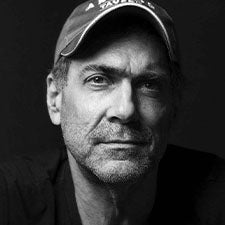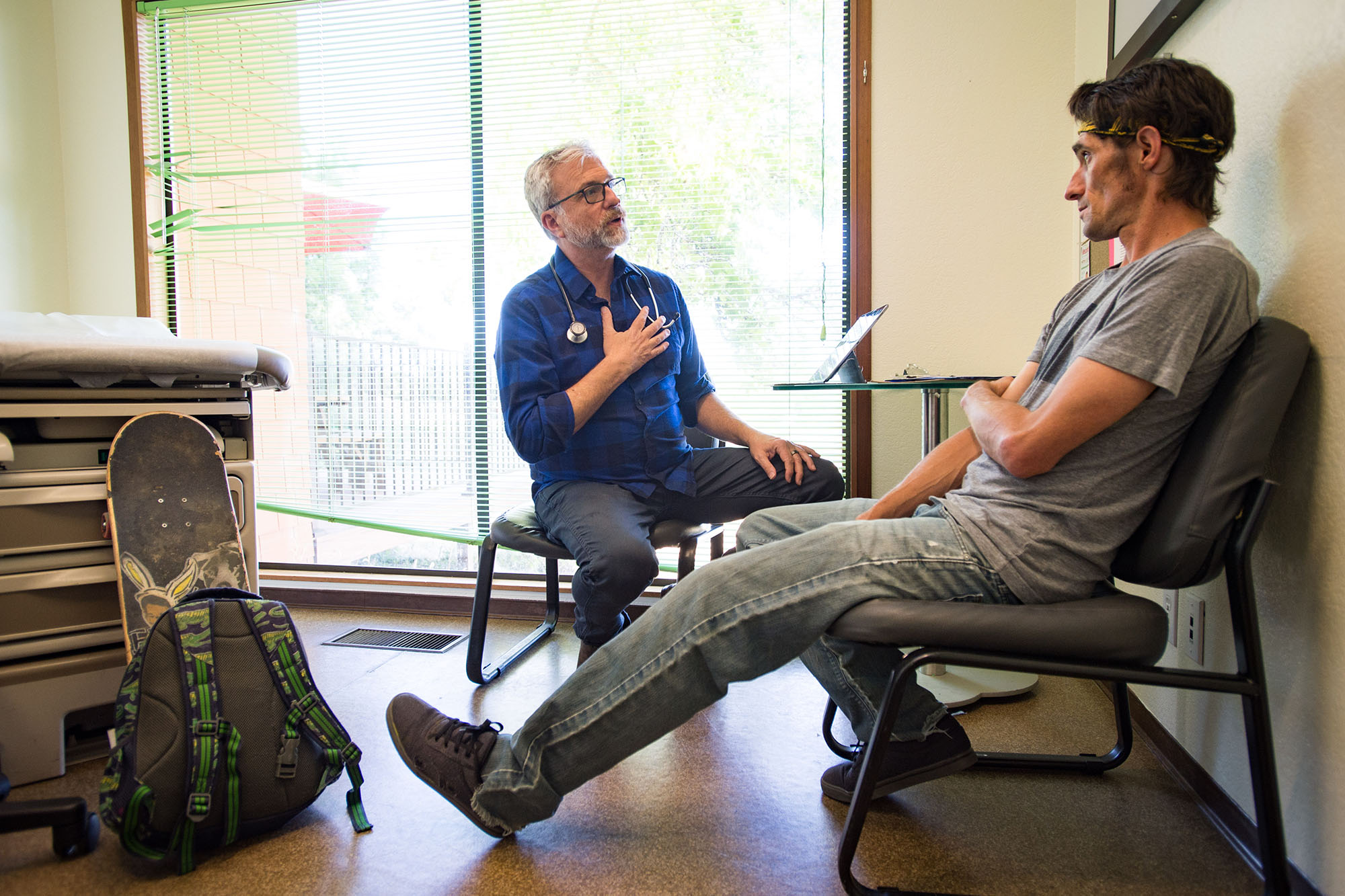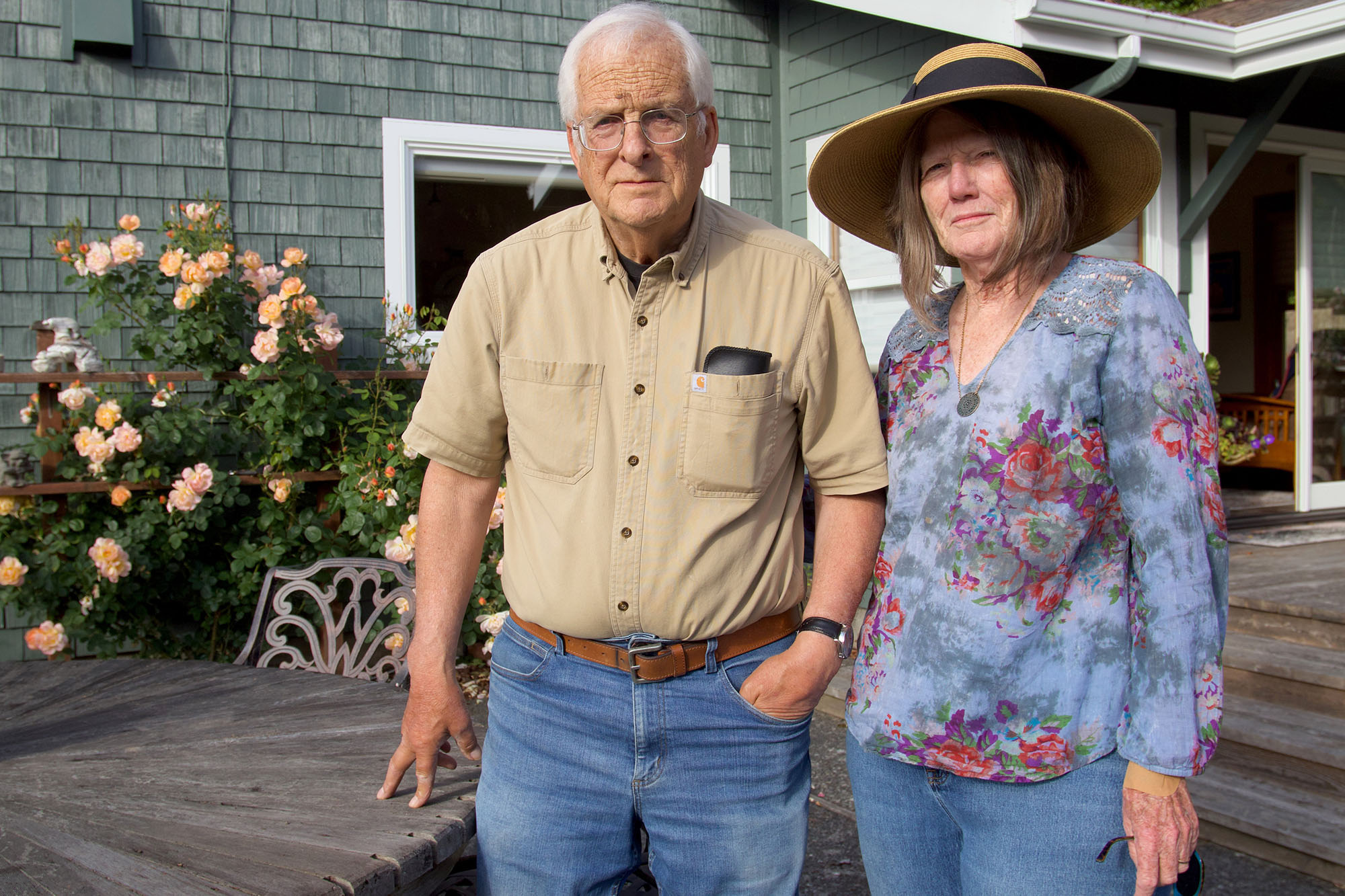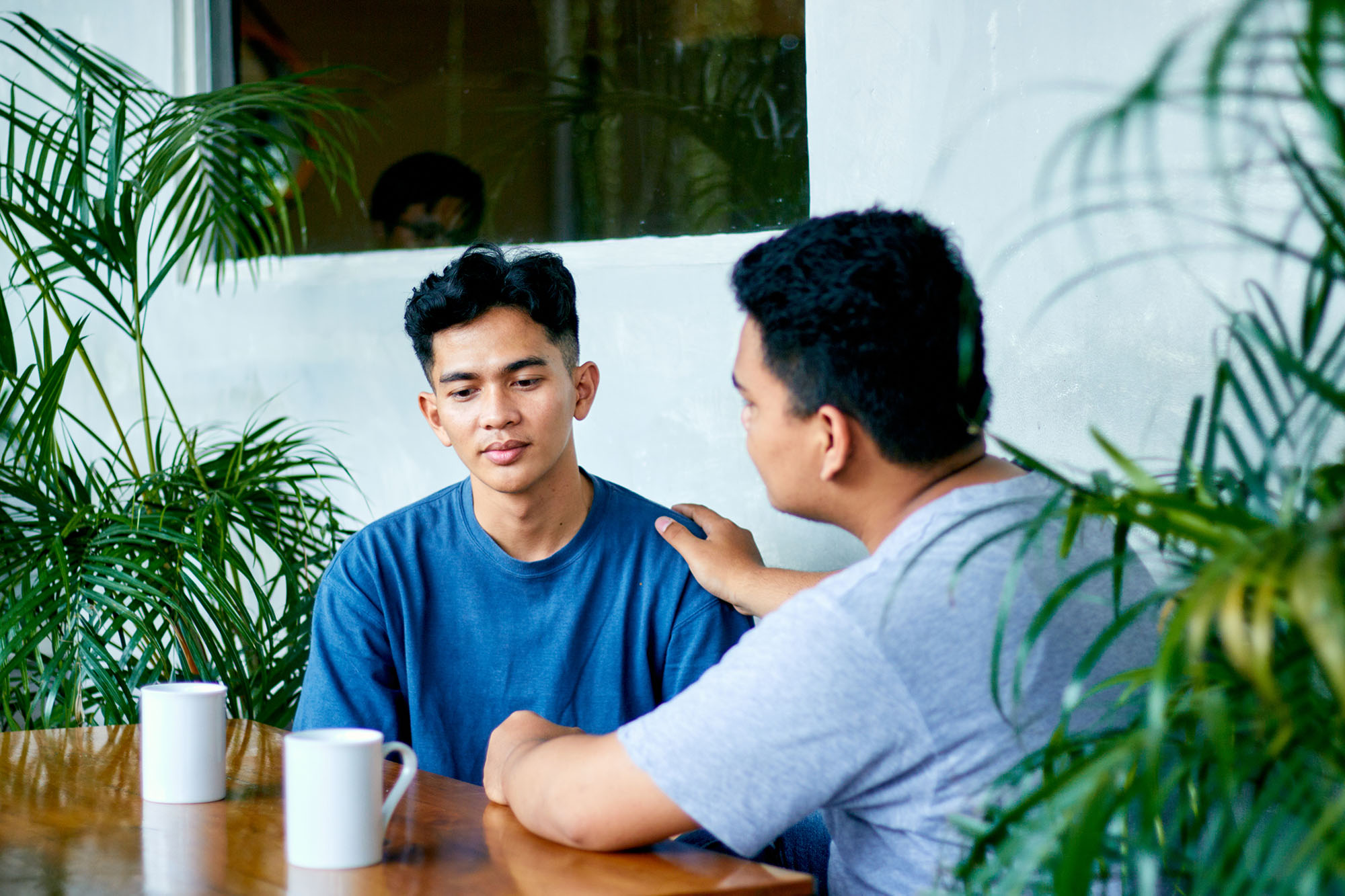
On March 18, Jenny Gold, an Oakland-based reporter with Kaiser Health News (KHN), learned that surgeons at UC Davis Medical Center were still performing elective surgeries — even as hospitals in California and across the country were desperately seeking masks and other protective personal equipment in time for an expected surge of coronavirus patients.
Although news outlets had already reported the information, Gold decided to go deeper by interviewing unnamed physicians at the medical center. They expressed dismay at the decision to continue with elective surgeries, even as a growing number of state and local governments, including San Francisco, issued moratoriums. One doctor revealed some of the procedures that the hospital did that week.
“On Monday, March 16, two of the hospital’s operating rooms were dedicated to cataract surgeries and another to lifting droopy eyelids, according to a doctor with access to the daily surgical schedule,” she wrote. “Physicians also performed two gastric bypasses, a type of weight-loss surgery. On Tuesday, there was a hernia repair and a cochlear implant. On Wednesday, surgeons inserted breast implants in one patient and removed a nonmalignant mass from another.” A UC Davis spokesman told Gold the hospital was continuing to provide these services “because we have the supplies and the space to safely do it.” The center, added the spokesman, was “evaluating the situation on a daily basis.”
Gold’s article was posted on March 20 by California Healthline (CHL), a news service supported by the California Health Care Foundation and published by KHN. Multiple sites reposted it. “It was a fast turnaround for us,” said Gold, part of a team covering the West Coast wave of the epidemic. “This situation has really crunched” the production schedule.
Rewriting Reporting Strategies
The epidemic has upended reporting strategies just as it has disrupted standard practices in other fields. With the attention of the US and the world focused on the pandemic, media organizations are scrambling to provide audiences with authoritative and frequently updated information. The public health crisis arrived after years in which news outlets slashed resources devoted to health coverage.
Despite the enormous reportorial firepower now trained on all things coronavirus, Gold and colleague Anna Maria Barry-Jester in Santa Cruz, California, are positioned to stay ahead of the curve. As experienced health reporters who have covered previous disease outbreaks and other medical emergencies, they aim to highlight issues of regional and national significance for both CHL and KHN.
“At this point, every reporter is a coronavirus reporter,” Gold said. “At KHN, people really have the expertise to show the complexity of these issues with a sophisticated analytical lens.”
Ken Doctor, a national media industry analyst based in Santa Cruz, said he has been impressed by KHN’s handling of the coronavirus crisis. The organization’s reporters, he said, have been able to bring more context and nuance to the task than others who lack a specialized understanding of health and medicine. “KHN’s coverage continues to offer more depth and breadth than much of what we see reported and re-reported,” said Doctor. “It is shining through.”
KHN and CHL are vigilant about maintaining high journalistic standards despite compressed timelines, said Gold. “We are going through the same editing process, with several editors reading our stories,” she said. “We never want to put out inaccurate information, but at this moment in particular, the stakes are much higher than they normally are.”
Informed by Life Experiences
The two journalists have drawn on their own life experience for story ideas. Barry-Jester, who joined KHN in early 2019, realized from discussions with friends that people with compromised immune systems have already garnered hard-earned wisdom on the subject of staying safe. “They have a lot of knowledge about what we’re being asked to do right now because these are standard practices for them,” said Barry-Jester, whose regular beat is public health.
Those conversations led to an article — “How to Avoid Coronavirus? Lessons from People Whose Lives Depend on It” — that explored what the epidemic means for these patients.
“Whether it’s people who had recent organ transplants, people undergoing chemotherapy, or people with chronic diseases,” Barry-Jester reported, “America has a broad community of immunosuppressed residents who long ago adopted the lifestyle changes public officials now tout as a means of avoiding contagion: Wash your hands, and wash them often. Don’t touch your face. Avoid that handshake. Keep your distance from people who cough and sneeze.”
“The defining feature for most people right now is uncertainty, and I get to talk to experts, sometimes a dozen every day. That feels like a privilege.”
—Anna Maria Barry-Jester
Barry-Jester began tracking the coronavirus in early January. Given travel links between China and cities like Los Angeles, San Francisco, and Seattle, it seemed possible that California and Washington State could be the sites of early cases in the US. “We thought it made sense for some of us out west to be thinking about it, even in the days before it became clear that this would be a big deal in the US,” she said.
Her first coronavirus story appeared on January 31 after a confirmed case of person-to-person transmission in Chicago — the first such case in the nation. Barry-Jester’s story examined why local health officials in Chicago, California’s Orange County, and elsewhere were not identifying locations where known coronavirus patients had spent time. Subsequent stories examined the meaning of the phrase “close contact” when discussing viral transmission and the multiple factors that have influenced regional decisions to close schools. “We supplement other newsrooms, so we’ve been trying to be careful to do stories that added value for readers rather than a lot of dailies or minute-by-minute updates,” she said.
With a master’s degree in epidemiology from Columbia University, Barry-Jester has reported on outbreaks of Zika and other infectious diseases from far-flung locations, including Central America and India. In covering the domestic side of this epidemic, she is keenly aware of the potential impact of her reporting on those around her. “To hear from friends and family who are so concerned definitely motivates me,” she said. “The defining feature for most people right now is uncertainty, and I get to talk to experts, sometimes a dozen every day. That feels like a privilege.”
Authors & Contributors

David Tuller
David Tuller, DrPH, is a senior fellow in public health and journalism at UC Berkeley’s Center for Global Public Health. He was a reporter and editor for 10 years at the San Francisco Chronicle and has written regularly about public health and medical issues for the New York Times, the policy journal Health Affairs, and many other publications. He was a coauthor of the 2020 CHCF publication The State of Health Journalism in California, an overview of the state’s health care journalism landscape.





